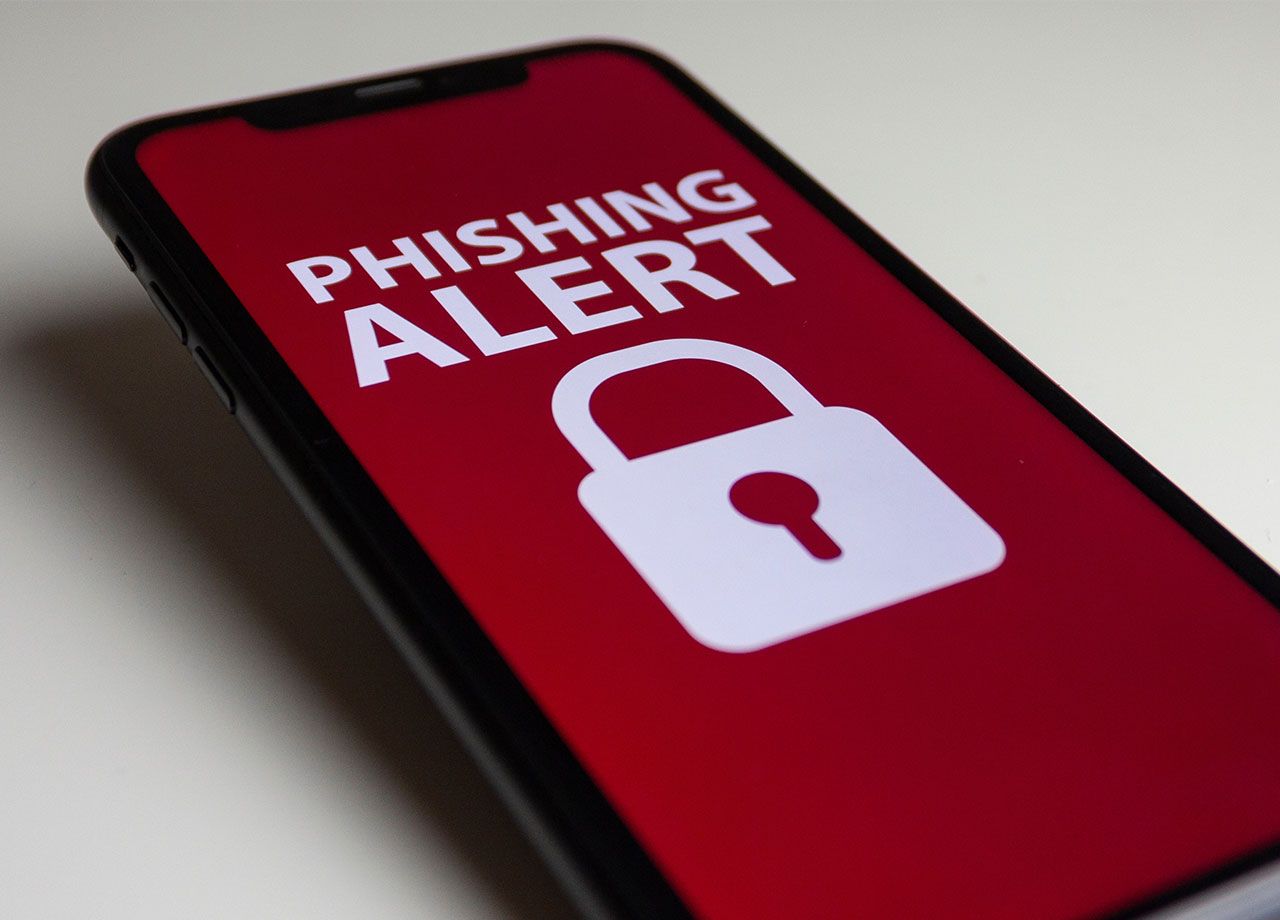Phone and email scams are on the rise. You aren’t the only one who feels like you receive 15 texts per day from unknown numbers that either promise you’ve won something incredible or are threatening you with fines if you don’t pay some phantom bill for a company you’ve never heard of. Even worse is receiving fake bills for companies with which you’ve recently made purchases. It can feel like scammers know everything about you and what makes you tick. But that’s exactly the point — they use general messages designed to make most people anxious, excited, and prime to act.
It’s important to know what is a scam and what isn’t — and to never engage with scam. Doing so can compromise your data and privacy. Here are five common phone and email scams to keep on your radar.


1. Apple ID Phishing Scam
The goal of Apple ID phishing scams is to steal your Apple ID credentials such as your username and password by pretending they are from Apple. These texts will come from people that claim they work for Apple. They’ll urge you to click on a link to resolve some kind of an issue. If you click on the link (remember: don’t) the website will look nearly identical to Apple. But here’s how you’ll know it’s a fake: the scammer will use threatening language, send emails from strange email addresses (often misspelled), and Apple will never ask you for your Apple ID password, credit card details, or security information through email, text, or phone.

2. “Your Phone is Infected” Scam
This tech support scam attempts to convince you that your phone is infected with malware. It can come in the form of a pop-up ad that urges you to download an antivirus program, a phone call from fake tech support, or even ransom requests. There will often be request for payments and a sense of urgency to act now — and click on links that can lead to your phone becoming infected with malware or spyware.

3. Fake App Update Scam
If a pop-up appears alerting you to an app’s need for an urgent update, ignore it. This scam redirects you to fake app stores and websites and then steals your personal information (like credit card info) and other data. You’ll know if your apps require updating by going to App Store > Updates.

4. Fake iCloud Storage Alert
So many of us are used to running out of storage space that it’s easy to fall for this scam, which pretends you’ve run out of iCloud storage space and encourages you to purchase more. Of course, you guessed it: you won’t be paying Apple for more storage, but will be lining the pockets of fraudsters. You can easily check how much iCloud Storage you have by going to Settings > [Your Name] > iCloud.

5. Prize Scams
“Congratulations — you won a million dollars! Click here to claim your prize!”
Sound familiar? The second you click on that link, it can infect your device with spyware or malware or request personal information from you that it then collects. These scams can appear in messages, pop-ups, and emails. We’re sorry to inform you: you didn’t win anything and should never click on anything sent in this format.


























